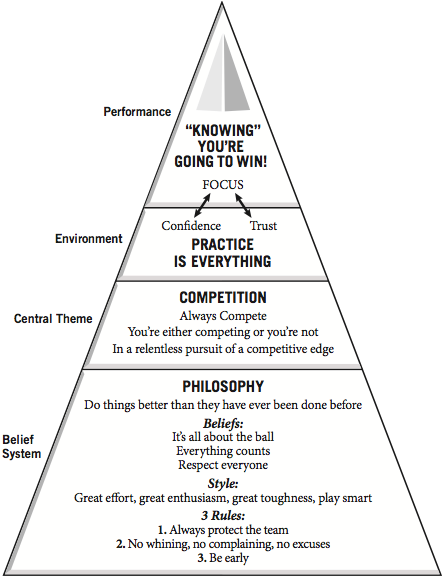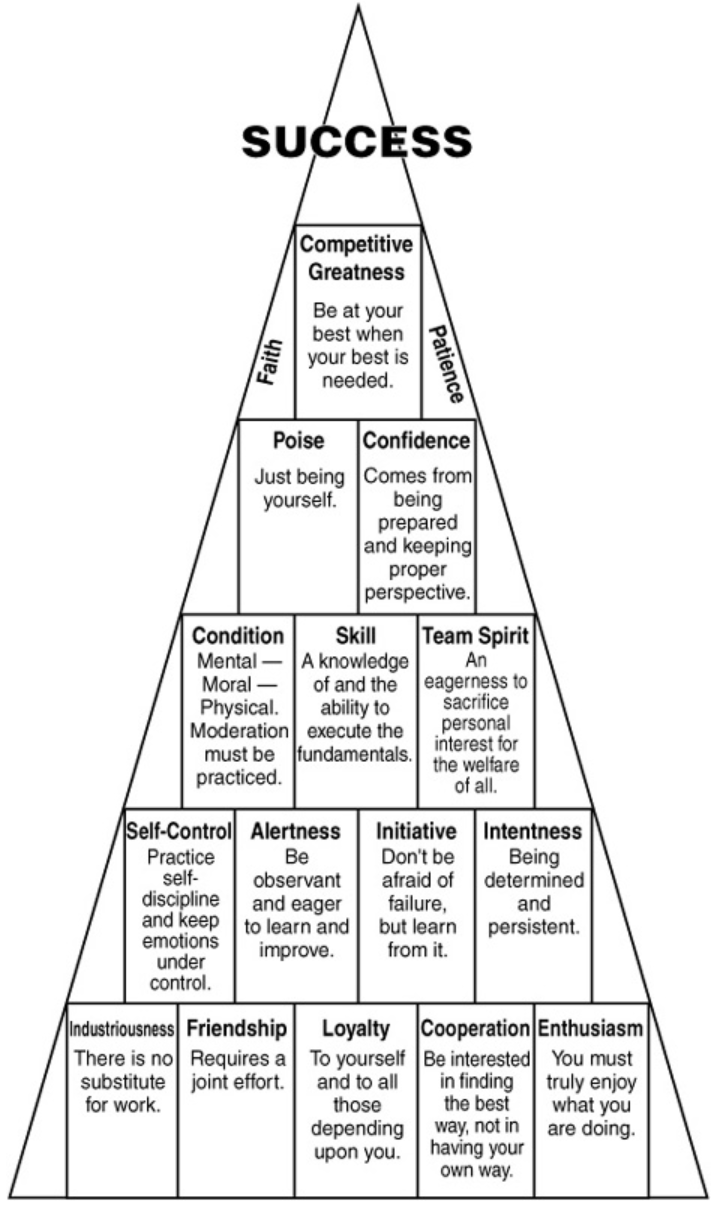Winning Together
Fifteen Years of Collaboration in a Single Post

(Photo by Osama Elsayed on Unsplash)
HHH I am sharing this article as a reflection, a thank you, and maybe an inspiration after fifteen years of working together with my colleagues, partners, and clients on building solutions that break down language barriers and make amazing devices and services accessible to people around the world.
As I am leaving my role of Chief Client Acquisition Officer at RWS Moravia, I am fondly looking back at the people I was fortunate to work with and learn from and at the things we have achieved together. I joined Moravia in January 2006 as a project manager. It was not my first job in localization but it was my dream job, even though I really only knew two things about Moravia: they worked for Microsoft (which was the most mature localization client), and they were the first ever Czech company to open a subsidiary in Japan.
These two things were not accidental. That was later proven when Moravia became the first ever language service provider to reach a hundred million dollar revenue through organic growth, and continued growing. Moravia leadership, work ethics, and culture guided me and many others in our professional growth, and allowed us to contribute back to the success of the company and its clients.
As I think back, I am reminded of so many people I admire, to whom I owe my thanks, and with whom I had a chance to work with and learn from. So, how can I sum up fifteen years of amazing projects, wins, and collaboration?
If a book can capture someone’s whole life by looking at a single day – as we were eloquently reminded in The Hours – shouldn’t it be possible to encapsulate fifteen years of work in one post? It should.
If you happen to be Virginia Woolf, that is. Since I am not, I am going to take a page from Paul Danter (more on his article later), and instead of trying to write about everything, focus just on one thing.
Lessons from Sports Coaches #
Several years ago, I was at a partner event at Microsoft, and I believe it was Mike Simms, the Chief Procurement Officer at the time, who had on one of his slides a chart Always Compete from the book Win Forever by Seattle Seahawks head coach, Pete Carroll.

Before Pete Carroll became the head football coach at USC, he thought hard about the advice he got from a fellow coach Monte Kiffin: In order to be successful, you must have a consistent philosophy. In sports, unsurprisingly, building and leading teams that consistently win isn’t accidental either. Carroll was especially impressed by the writings of coach John Wooden. He says of Wooden:
He had figured out absolutely everything about his program – his belief system, his philosophy, his delivery … He could re-create it year after year after year. Even more important, he had done more than just become aware of all those details inside his own mind. He had refined them to the point that he could explain them to the people around him. I think a great part of his genius was that he was able to explain his beliefs and tie them back into a clear vision that brought it all together into a single team effort.
Why Having a Philosophy Matters #
When you read the books by John Wooden and Pete Carroll, the big lesson is not the particulars of their philosophies towards success. (Even though they are valuable and inspiring.) It is in the arguments for why consciously developing a guiding philosophy is so important. If I were to follow every part of Carroll’s excellent “Always Compete” philosophy, I would not be as successful as I have been. The key is to develop a philosophy that is in keeping with your values and that allows you and your team to perform at your best.
Wooden, Kiffin, and Carroll all highlight the following key benefits of articulating your philosophy:
- It unlocks awareness of what makes you successful.
- You can then further refine and systematize those elements.
- This serves as a reliable guide for how you do things.
- It allows you to communicate it to others, and rally them around a shared effort.
- And all this leads to repeatable successes and consistently high performance.
You don’t have to be aware of your philosophy to be successful. I certainly had not been aware of mine for many years. But you will be more successful if you develop one and use it.
Zeroing In on Collaboration #
Before I started mapping my own philosophy, I was curious about the principles and beliefs that John Wooden and Pete Carroll had. As I noted, your own philosophy might be different or even opposite in some areas but many elements keep reappearing.

The Norwegian Olympic ski team’s decision to avoid prima donna jerks, retold in Paul Danter’s article Moving On / The Original Cultural Influencers, followed the same principle which Coach Wooden codified as one of the blocks in his Pyramid of Success. Wooden defined it as “eagerness to sacrifice personal interest for the welfare of all.”
He took this very seriously. Wooden turned down talented star players if they were unwilling to put the success of the team above their own, and his team kept winning. He warned that “a person who values winning above anything will do anything to win. And such people are threats to their organizations.”
Did Wooden invent this rule? Of course not. He discovered it, just like other people before and after him. In the words of Babe Ruth: “You may have the greatest bunch of individual stars in the world, but if they don’t play together, the club won’t be worth a dime.”
The framework, not the specific blocks, is the key to success. What’s at the heart of your pyramid?
Fifteen Years in a Single Word #
I cannot do justice to fifteen years in an article, let alone a word, but I can share the central idea in my own philosophy of success. I believe that if you’re not making others win, you’re not winning. To achieve better results than anyone else, you must focus on collaboration and making others succeed: your own team, across departments, and the clients.
It follows that if you focus on making others successful, it also means taking your time to grow and inspire other people. As Pete Carroll said: “It’s a lot more fun and the team is a lot stronger if you have other smart, capable leaders around you. And it’s your job to develop them.”
So what is the one word I would choose to encapsulate the past fifteen years? Teamwork.
Teamwork is not about making ourselves and other people feel nice, even though it can lead to that. It’s about commitment, integrity, intelligence, and hard work to make other people succeed. And for me, teamwork has been the most reliable way to Win Together.
My deep thanks go to all the people who helped me develop my own leadership skills along the way, and to everyone I had the privilege of working with over the past fifteen years. Let’s continue helping other people achieve their potential.